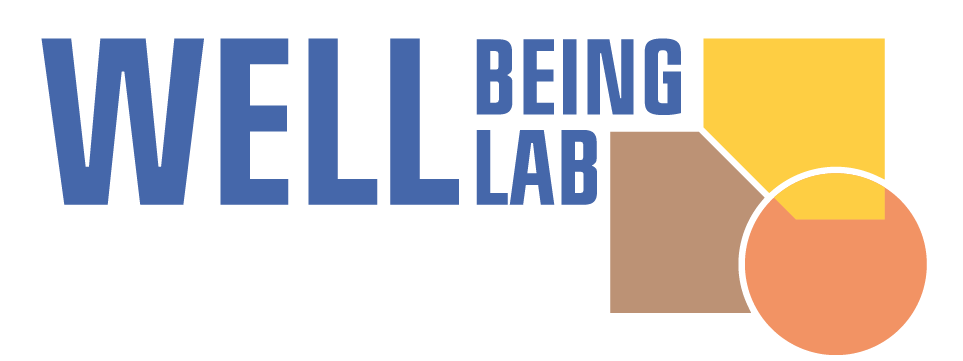About the Project
The research project “Stress prevention and well-being among students at CBS” will over a three-year period (1 February 2021 – 1 February 2024) look deeper into how and under what conditions CBS as a university can work with well-being.
The project is a crosscutting thematic strategic initiative. Its main aim is to understand issues concerning stress among students at CBS and to develop new measures and tools for students, teachers, and administrative staff at CBS, to work with well-being for the students.
The project provides a novel approach to working with wellbeing among students, which supports the Nordic Nine principles by a) approaching stress-prevention and well-being as complex and relational phenomena, and b) gaining knowledge as a basis for developing measures to help strengthen emotional capabilities and resilience of students and provide opportunities for self-reflection with a particular focus on how students can support and strengthen each other.
Research conducted in the first year of the project (qualitative interviews, focus group interviews and surveys) allowed me to form an understanding of the challenges which students face in relation to well-being. This has served as a basis from which I – in collaboration with students – have developed and tested new measures and tools.
New dialogue card and supporting material
Among the most recent tools are dialogue cards, which have been developed in cooperation with students and tested among 100 students from CBS and elsewhere. The evaluation cards indicate that the dialogic environment facilitated by the cards support the Nordic nine vision of students being constructive when collaborating, because they help the students to open up and share their real experiences and stories. A student explains:
It made you reflect, and made you feel more normal when you heard that others felt the same way. For example, I mentioned that sometimes I find it hard to ask for help because I don’t want to seem stupid, and surprisingly the others in the group have sometimes felt this way too.
I thought: “Is this really how I am?”. It was in a way a surprise even if I already knew it. It also surprised me that I allowed myself to be open. Because I felt safe in the group I was in, and I just wanted to open up more and listen to the others even more
Trust is an important element for constructive collaboration. The evaluation showed that the framing of the cards creates an environment in which students can be safely challenged and supported. The questions paved the way for empowering students to speak up about concerns and get outside their comfort zone, because they created opportunities for students to identify common issues collaboratively as a mean to building trust. A student says:
The cards can be used in relation to groupwork, in study groups, but teachers can also use them in their teaching and thereby integrate Nordic Nine in teaching activities to help the student to take collective responsibility and engage in open and honest communication with co-students. As a student wrote in her evaluation:
First of all, I learned something new about my fellow students making it easier for me to help them in the future. Talking about how sometimes it is hard and difficult to study with some of my fellow students meant that I realized that I was not alone with those thoughts which gave me a sense of security. You also get to know yourself a little more when you must think about how you feel/how you want to react
